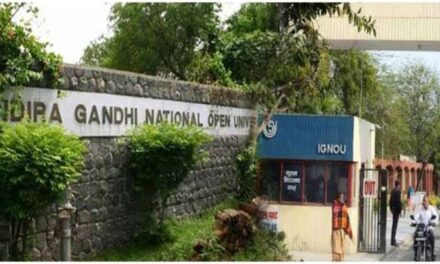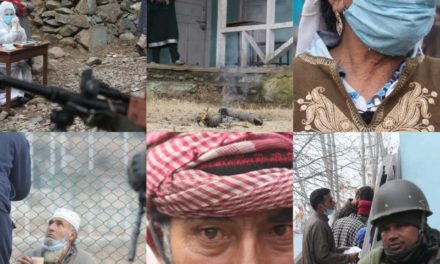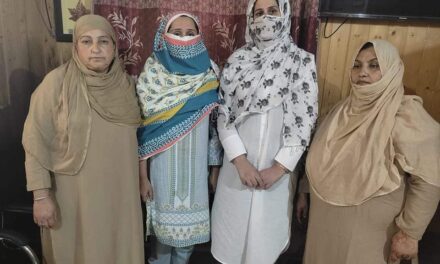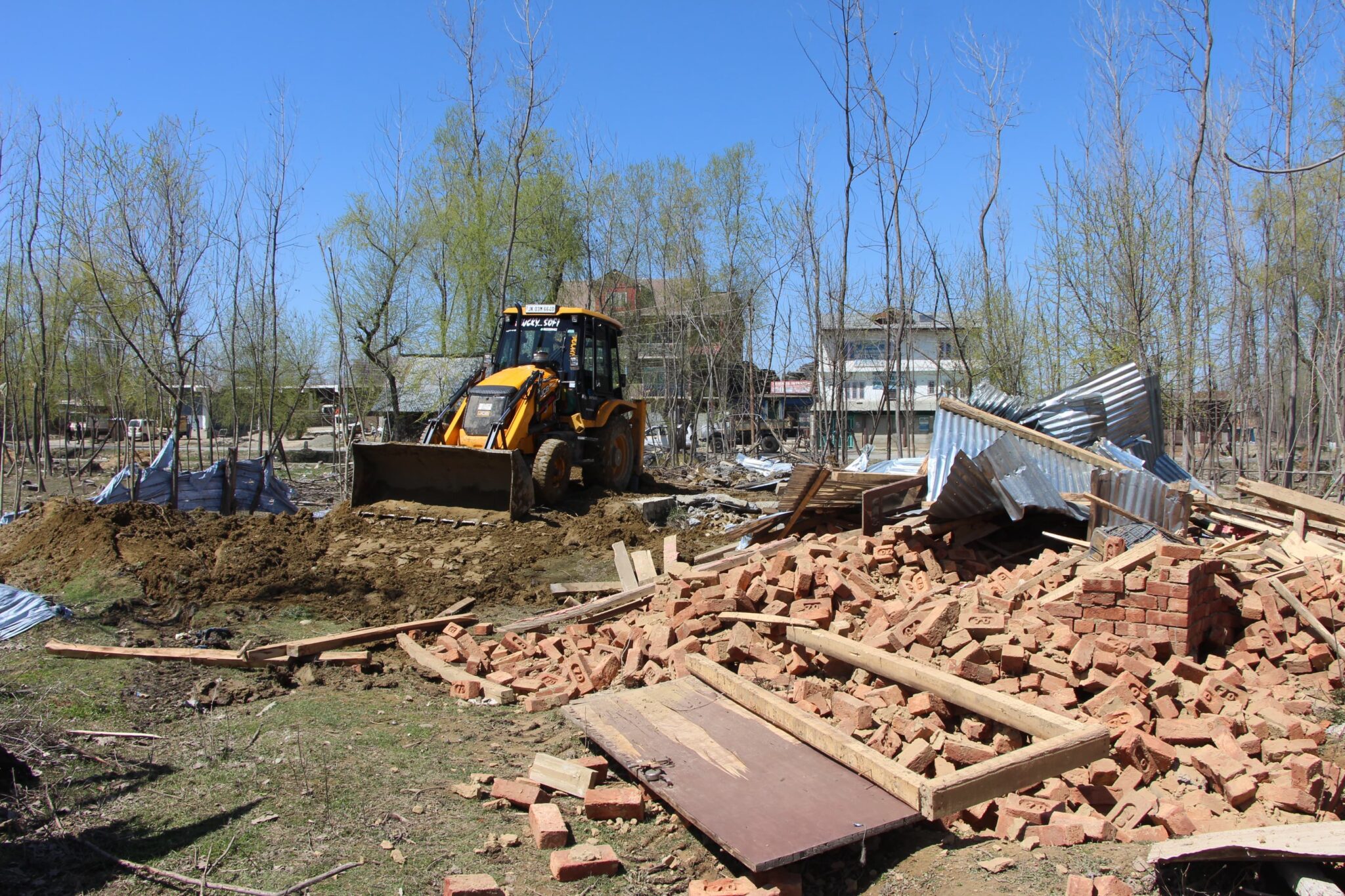501 total views , 1 views today
Srinagar, May 1, KNT: In order to check the ‘loot’ from auto-rickshaw drivers, Regional Transport Officer Kashmir has appealed to the general public to make maximum use of Google Maps, check their travel distance, and pay as per the rates fixed by the transport department.
Complaints are pouring in about the auto-rickshaw drivers in Srinagar city who loot people on their own whims and get away with it.
While talking to the news agency Kashmir News Trust, RTO Kashmir, Syed Shahnawaz Bukhari said that a proper rate list is in the public domain and one can have access to it on the transport department’s website.
He said for the first 2 kilometers a commuter has to pay Rs 39 to the auto-rickshaw driver and after that auto driver is eligible to charge Rs 17 each for subsequent kilometers.
“In this technological era, I don’t think it is difficult for people to assert their rights. Commuters have to simply make use of Google Maps and monitor travel distance,” Bukhari said.
Notably, there are over 3500auto-rickshaws and as per the RTO Kashmir, it is a difficult task to make auto drivers accountable on a daily basis.
“A commuter before taking a seat in an auto-rickshaw needs to check the travel distance. Google Maps will help him and he has to pay according to the total distance. Suppose you are going to Lal Bazar from Dalgate. Use Google map and pay the auto driver on the basis of distance,” he said.
In response to a question, RTO Kashmir, Syed Shahnawaz Bukhari said that any violation on the part of an auto driver can be reported at Regional Transport Office. “We will surely take action,” he said.
Bukhari said that there is a proposal to implement the order regarding the installation of meters in autos and they are going to implement it sooner or later. “I think, the use of Google Maps is the best option for commuters in the absence of a fare meter. I appeal to the public to make use of technology, know about the distance they travel, pay Rs 39 for first 2 kilometers and add Rs 17 to subsequent kilometers,” he said adding that it is a matter of education and common people have to assert their rights. [KNT]























